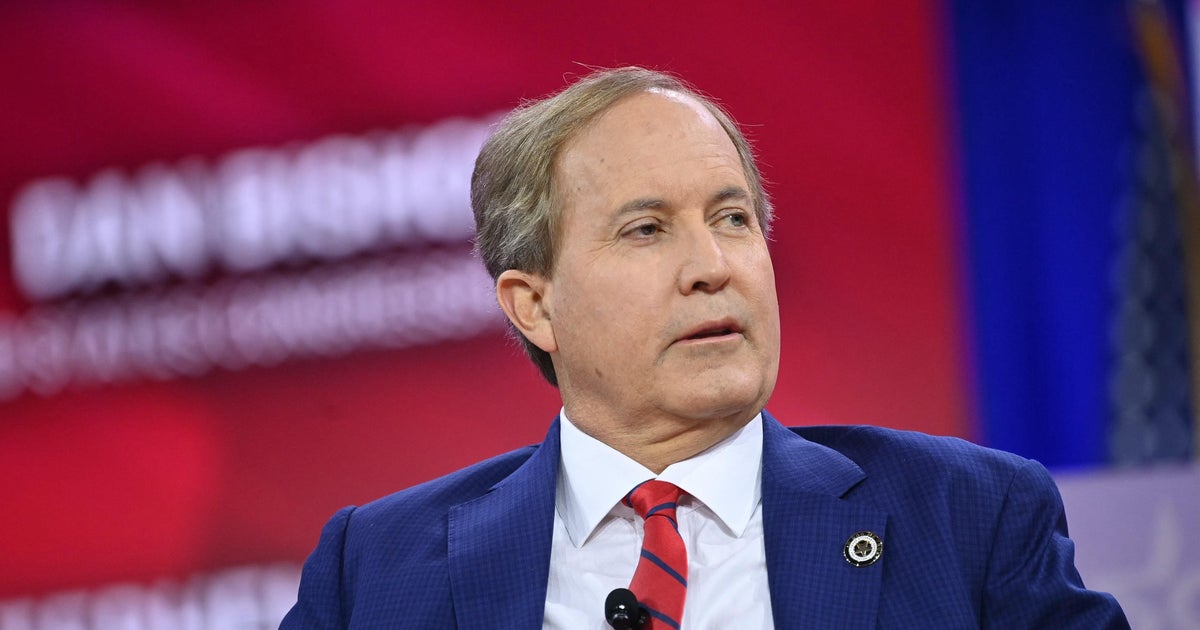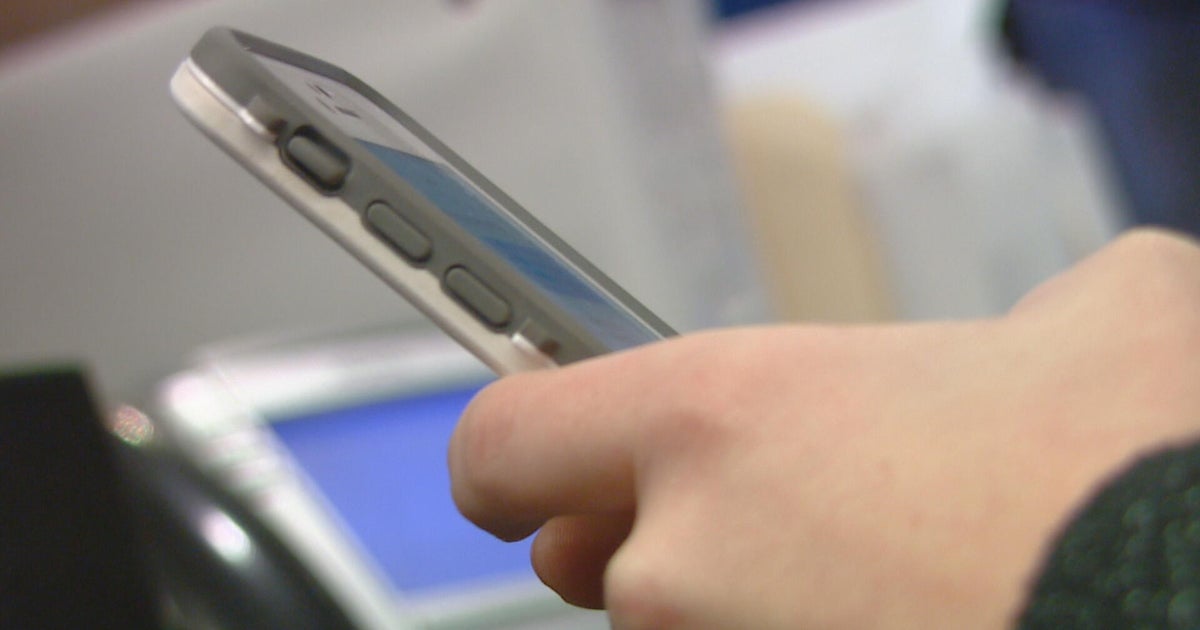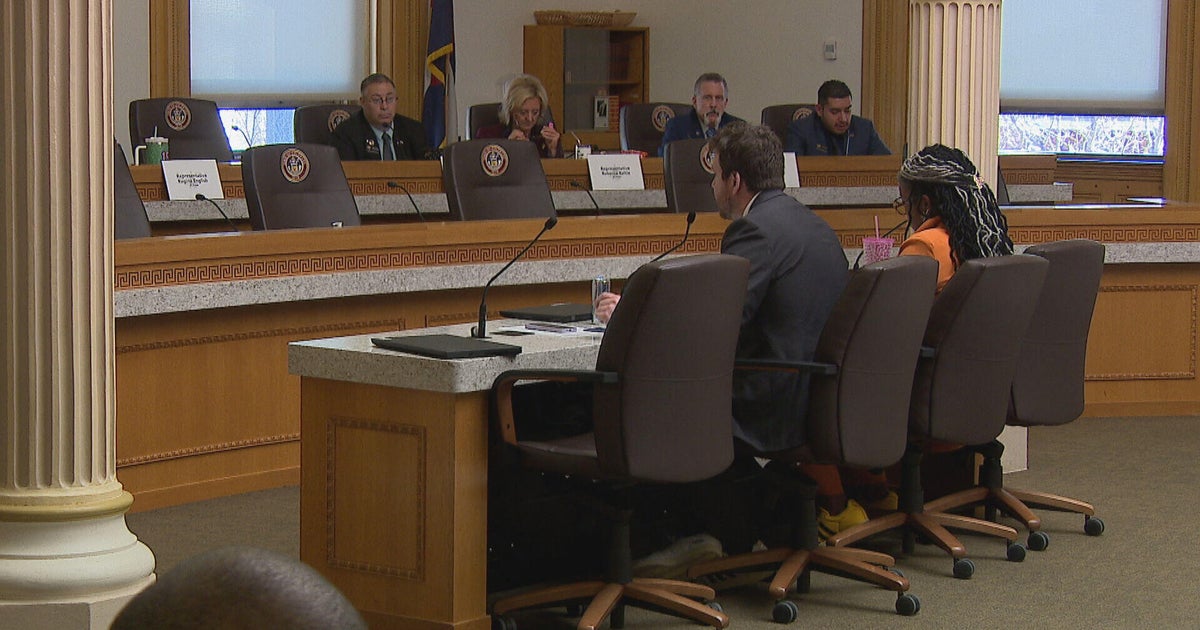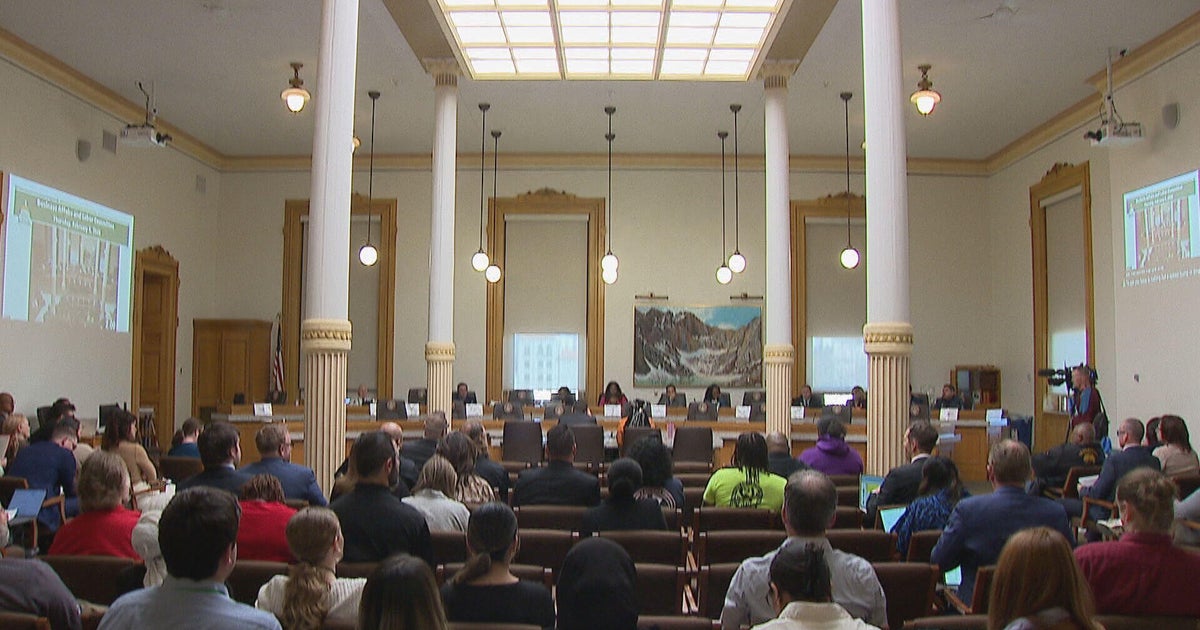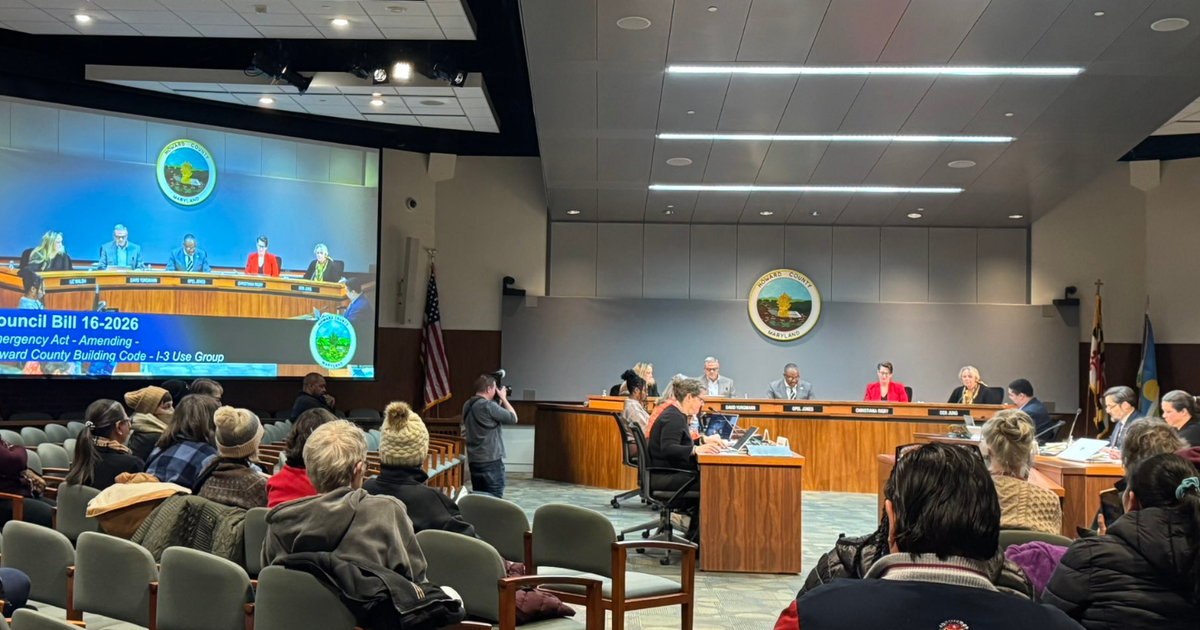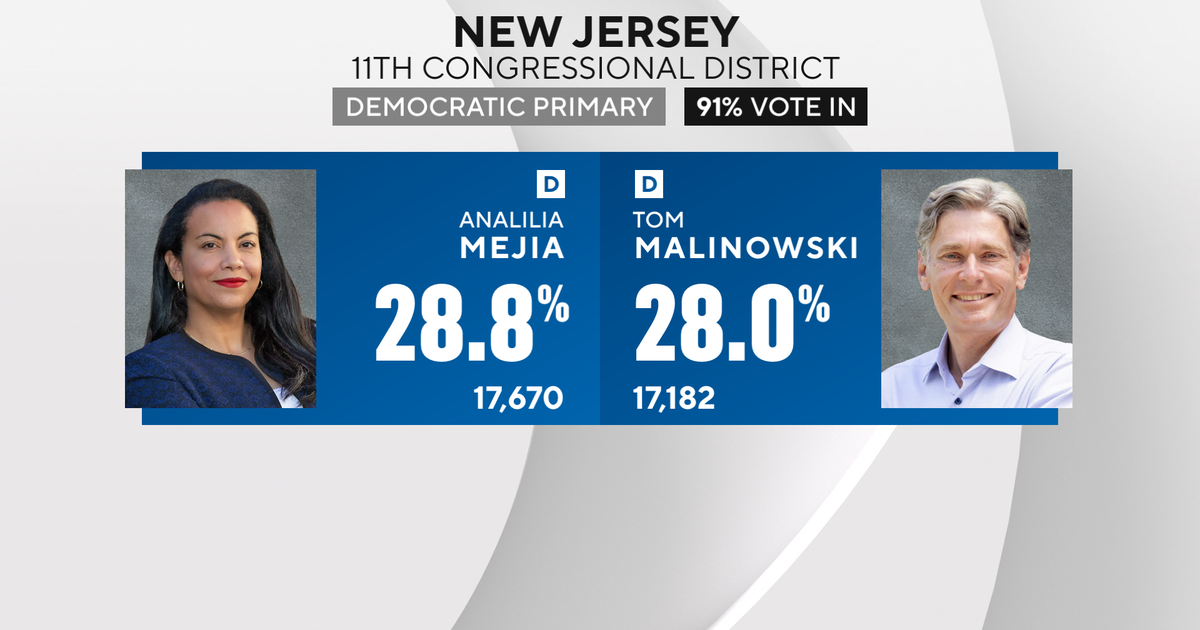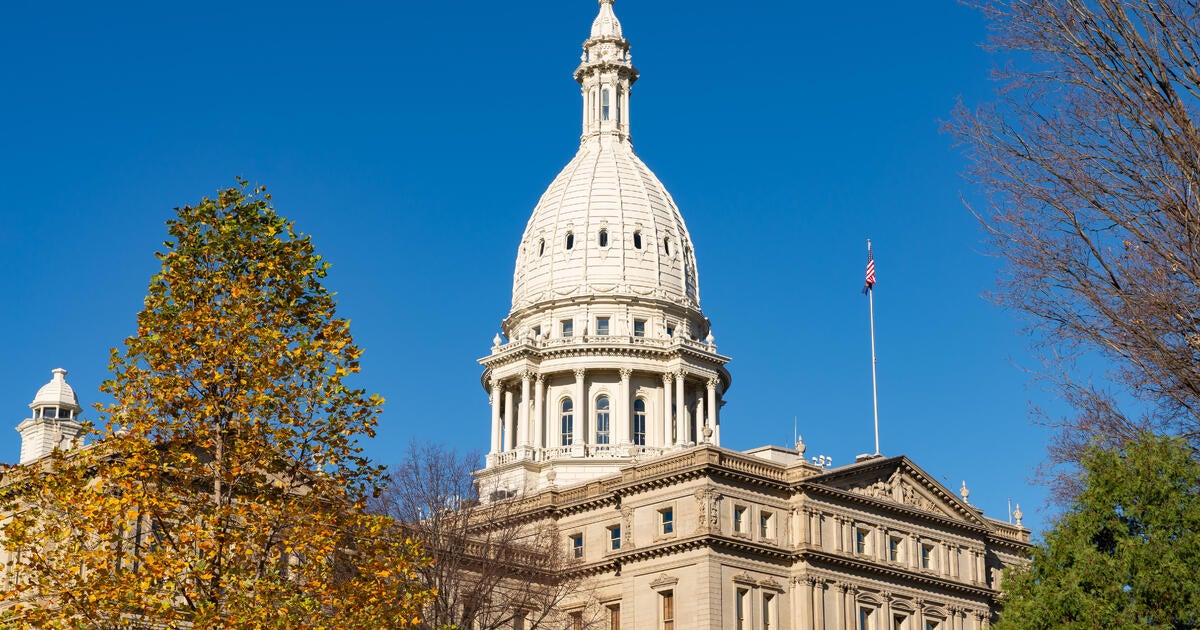Bill Changing Texas Voting Law Passes House, Senate And Heads To Gov. Greg Abbott's Desk
AUSTIN, Texas (CBSDFW.COM/AP) - The Texas House and Senate gave final approval Tuesday, August 31, to a sweeping rewrite of the state's election laws, pushing the bill to Republican Gov. Greg Abbott desk a monthslong fight by Democrats over voting rights.
The bill passed the GOP-controlled chamber after a last-minute removal of one of its few bipartisan provisions: language aimed at protecting voters with felony convictions from facing prosecution if they cast a ballot without knowing they were ineligible to vote.
The rest of the far-reaching legislation set off a heated summer in Texas of walkouts by Democrats, Republicans threatening them with arrest, Abbott vetoing the paychecks of thousands of rank-and-file staffers when new election law failed to reach him sooner, and accusations of racism and voter suppression.
"The emotional reasons for not voting for it are that is creates hardships for people because of the color of their skin and their ethnicity, and I am part of that class of people," said Democrat Garnet Coleman, a state representative whose return to the Capitol earlier this month helped end a 38-day standoff.
New language sought to add clarity that a person must have known he or she was voting illegally in order to face prosecution.
But although it had buy-in from the House, it was rejected by Senate negotiators just as the bill was being finalized over the weekend.
The provision was in response to backlash following the illegal voting arrests of two Texans who said they did not realize the law prohibits people on parole, probation or supervised released from voting.
Both voters are Black, which intensified criticism amid a broader fight over voting restrictions that opponents say disproportionately impact people of color.
Lawmakers specifically invoked the case of Crystal Mason, who was sentenced to five years in prison in 2018 for casting a provisional ballot in the 2016 presidential election when she was on probation. Her provisional vote wound up not counting, and her case is now on appeal.
After the full voting bill cleared, the House approved a resolution that "a person should not be criminally incarcerated for making an innocent mistake." It passed 119-4.
"You should not be put in jail for five years under those circumstances," Republican state Rep. Dustin Burrows said.
Gov. Abbott released the following statement on the passage of SB 1:
"Protecting the integrity of our elections is critical in the state of Texas, which is why I made election integrity an emergency item during the 87th Legislative Session. I thank Senator Brian Hughes, Representative Andrew Murr, Lieutenant Governor Dan Patrick, and Speaker Dade Phelan for stepping up to ensure that this bill made it to the finish line during the second special session. Senate Bill 1 will solidify trust and confidence in the outcome of our elections by making it easier to vote and harder to cheat. I look forward to signing Senate Bill 1 into law, ensuring election integrity in Texas."
Senate Bill 1 creates uniform statewide voting hours, maintains and expands voting access for registered voters that need assistance, prohibits drive-through voting, and enhances transparency by authorizing poll watchers to observe more aspects of the election process. The bill also bans the distribution of unsolicited applications for mail-in ballots and gives voters with a defective mail-in ballot the opportunity to correct the defect."
No other last-minute changes were made to a sweeping GOP elections bill that Texas Democrats this summer turned into the most protracted fight in the U.S. over new voting restrictions. Nationwide, Republicans have rushed to impose tighter elections laws driven by President Donald Trump's false claims that the 2020 election was stolen.
Democrats twice walked out of the state Capitol to temporarily bock the bill, including a 38-day holdout in one of the longest quorum breaks in Texas history. Not all of the more than 50 Democrats who fled to Washington, D.C., in July have agreed to return, and those continuing to hold out have said they felt betrayed by their colleagues.
The bill would limit how and when voters can cast a ballot in booming and fast-changing Texas, where decades of commanding Republican victories on Election Day are starting to shrink.
Many of the most hotly contested changes would eliminate expanded voting access that Texas' largest county put in place during the COVID-19 pandemic.
Harris County, which includes Houston and is a major source of Democratic votes, offered 24-hour polling places, drive-thru voting and tried sending mail-ballot applications to 2 million registered voters last year.
All of that would now be outlawed once the bill becomes law.
Republicans say criticism of the bill's impacts are exaggerated and emphasize it would add an extra hour of early voting daily, as well as expand the number of counties that must offer 12 hours of early voting on weekdays.
Mason's illegal voting arrest is not the only one to draw criticism from Democrats and voting rights groups.
In July, Hervis Rogers was arrested on charges of illegal voting because he cast a ballot while still on parole after waiting more than six hours in line during the 2020 presidential primary.
The cases drew national attention and angered critics who saw both as overzealous attempts by Republicans to look tough on rare cases of improper voting.
The Brennan Center for Justice in 2017 ranked the risk of ballot fraud at 0.00004% to 0.0009%, based on studies of past elections.
(© Copyright 2021 CBS Broadcasting Inc. All Rights Reserved. The Associated Press contributed to this report.)
